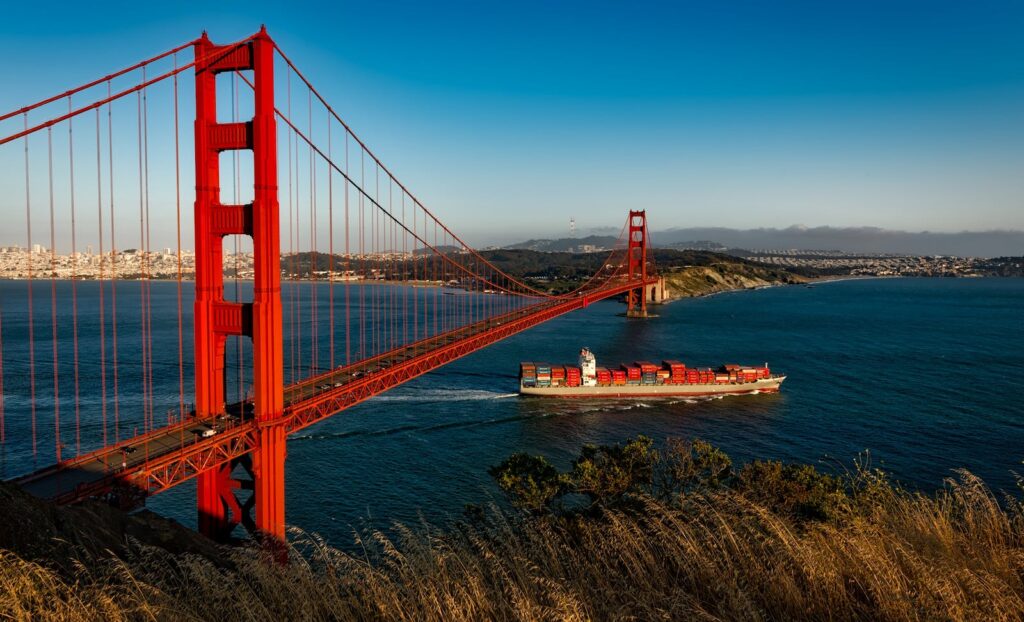CBAM and Its Impact on Irish and UK Companies
In a world increasingly focused on environmental sustainability, Carbon Border Adjustment Mechanism (CBAM) has emerged as a game-changing policy for the European Union (EU). CBAM, often referred to as the EU Carbon Border Tax, aims to curb carbon leakage and level the playing field for European companies while promoting global climate goals. In this blog, we will delve into what CBAM is, its potential impact on Irish and UK companies, and how businesses can prepare to navigate this new landscape.
What is CBAM?
CBAM is a climate policy introduced by the EU to address the carbon emissions associated with imported goods. The goal of CBAM is to ensure foreign companies are held to the same standards as EU-based companies. This discourages carbon-intensive production and incentivising cleaner practices worldwide.
How Does CBAM Work?
CBAM is a fair, transparent and non-discriminatory policy. It works by imposing a carbon price on some goods based on the carbon content associated with the production of said good. A simplified breakdown of the process is:
- Calculating Carbon Content: The carbon content of imported goods is determined by using pre-existing methods that align with the EU’s emission accounting standards.
- Carbon Price: A carbon price is then applied to the product based on the calculated carbon content. This price is set by the EU and is based on the current cost of carbon allowances according to the EU Emissions Trading System (EU ETS).
- Cost Adjustment: Importers are required to pay the carbon price for the carbon content of the imported good(s). This is either paid directly by the importer or through the purchase of carbon allowances.
Who Will Be Affected?
Starting from 1st October 2023, companies that are trading with commodities within the categories below will need to report their movements for these products.
- Cement
- Articles of iron and steel
- Fertiliser
- Articles of aluminium
- Electricity
- Hydrogen
- Chemicals
Impact of CBAM on Irish and UK Companies:
- Increased Costs: Irish and UK companies that export to the EU may have to face increased costs due to this policy. This may affect their competitiveness in the European market, especially if the product and its processes are carbon intensive.
- Competitive advantage: Companies that have already adopted sustainable business practices and have a lower carbon footprint stand to benefit from this policy. CBAM allows these companies to show off their environmental efforts and gain a competitive advantage in the market.
- Supply Chain Reassessment: This policy may prompt Irish and UK businesses to revaluate their supply chain. Companies may have to source materials and products from areas with lower carbon emissions in order to minimise the impact of CBAM.
- Innovation and Investment: In order to maintain competition in the European market, Irish and UK companies may have to incest in cleaner technologies and more sustainable practices. This can lead to more innovation and long-term savings.
Preparing for CBAM:
- Carbon Footprint Assessment: Conduct a thorough assessment of your company’s carbon footprint. Identify where emissions can be reduced.
- Invest in Sustainability: Allocate resources to invest in sustainable practices, technologies and energy-efficient processes.
- Supply Chain Optimisation: Optimise your supply chain to minimise carbon-intensive components and sources.
- Engage with Regulators: Stay informed about CBAM developments and engage with regulatory bodies to ensure compliance and seek potential exemptions or discounts.
- Market Differentiation: leverage your commitment to sustainability as a marketing tool. Showcase your green initiatives to appeal environmentally conscious consumers in the EU.
- Collaboration: Consider partnerships with EU-based companies that share your commitment to sustainability, fostering a collaborative approach to carbon reduction.
- Contact Customs Complete who will advise you on all matters relating to the Carbon Border Adjustment Mechanism (CBAM)

